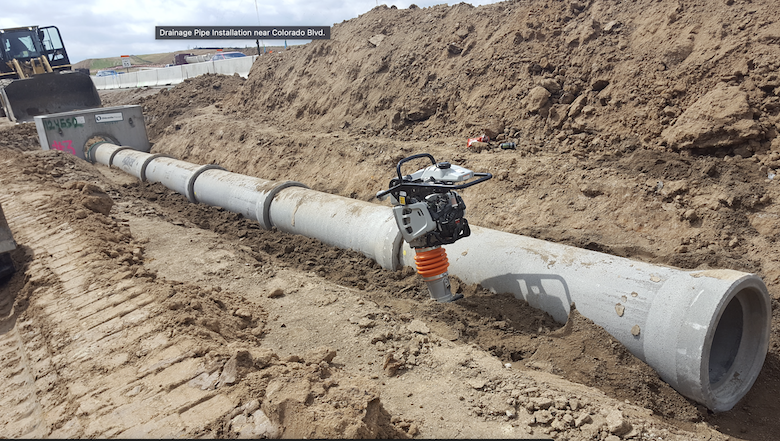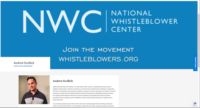Culminating five years of litigation between former design-build team contractor Flatiron and its engineering subcontractor AECOM, a federal district court jury in Denver awarded the latter $5 million in February for extra work on the Denver C-470 Express Lanes project.
In a counterclaim, Flatiron had been seeking $260 million from AECOM for cost overruns and delays.
The four-week-long trial before an eight-person jury was not the final chapter after years of costly motions and court pleadings involving pricey expert opinion testimony and attorneys whose fees reached the $600 to $700-an-hour level.
AECOM on April 16 moved for the court to award it $16 million in expenses, split about evenly between attorney fees, and also expert opinion consultants and related trial costs. A ruling is pending.
Legal strategies employed in the long-running lawsuit seem to influence the outcome, say two attorneys who followed the case.
Flatiron's basic counterclaim against AECOM argued that a teaming agreement executed in 2015 between the companies that limited the design firm's liability under a subcontract signed the next year was invalid. The contractor said AECOM failed to meet its promised standard of care.
The designer's alleged lapses, according to Flatiron, led to delays and quantity increases, with errors requiring changes in drainage structures, barriers and signs.
AECOM claimed Flatiron failed to pay it for out-of-scope design services. Flatiron had AECOM perform redesign on drainage, signage and other aspects of the project without resorting to a Design Change Control Board process specified in the subcontract, the design firm argued through its attorneys.
The twists and turns of the case caught the eyes of attorneys John Mark Goodman and E. Mabry Rogers, who noted in blog posts the perils of what they described as Flatiron "fighting on two fronts," since the contractor had been seeking damages on the project from multiple parties.
Flatiron sought to exclude evidence about those efforts that AECOM attorneys wanted to introduce, but Judge William Martinez allowed jurors to hear the information that essentially showed that other parties may have also been responsible for the overruns, Goodman and Rogers noted.
On the issue of the liability cap in the agreements between Flatiron and AECOM, Martinez ruled in June 2023 that the contractor could not invalidate it.
In a post that appeared on the website JDSupra, the two attorneys stated, "Whatever may have persuaded the jury, the end result was a $5 million verdict for AECOM on its claims, and $0 for FlatIron on its claims."
The highway project itself has a long history.
The Colorado Dept. of Transportation had awarded a $204.3-million design-build contract to the Flatiron-AECOM team in June 2016 for the C-470 project. It entailed addition of two westbound tolled express lanes, one eastbound tolled express lane and other improvements along a 12.5-mile stretch of State Highway 470 south of Denver.
Change orders extended the original February 2019 deadline to August, but in 2022 the department said the project still was not complete and sued the two companies in state court in Denver. It accused the team of breach of contract and also accused several surety firms of failing to ensure contract performance.
AECOM officials could not immediately be reached for comment. Flatiron said through a spokesman that it doesn't comment on ongoing litigation.
The dispute between AECOM and Flatiron isn't unique.
Similar lawsuits have been common between contractors and designers on large design-build infrastructure projects begun years ago. The prime contractors, sometimes in joint venture with a designer, fix a firm guaranteed price based on 30% to 50% of the design by the owner. The lower the percentage, the greater the chance of trouble.
More recently, companies are trying to head off disputes with new agreements that limit risk.
In arguing for the court to approve its trial costs as reasonable, AECOM attorney Stephen D. Gurr told Judge Martinez in a written motion that he will not "rehash the battle of the parties' experts ... save to remind the court that there was such a battle, it was worth $260 million" and AECOM's "expert team prevailed."




Post a comment to this article
Report Abusive Comment